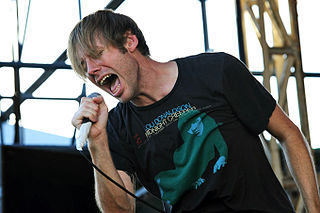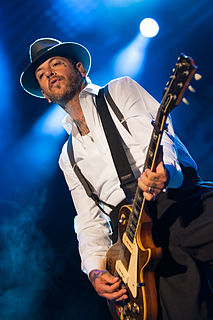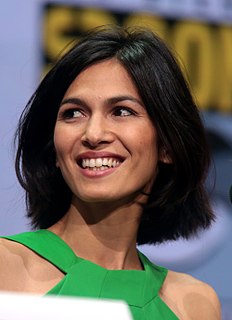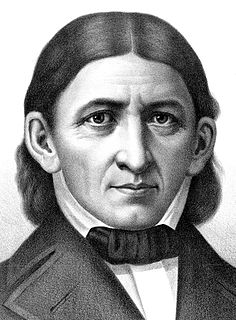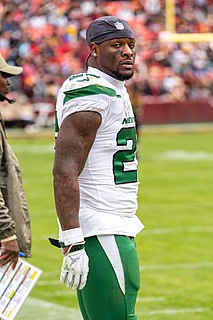A Quote by Bill Cosby
Related Quotes
What was on the agenda was school and social life and those kinds of things. So I was the middle of five kids. So I had the great advantage of being able to play up to the older kids and play down to the younger kids and I think that's part of what propelled me to become a teacher at some point in my life. But it was a comfortable childhood. It was a privileged childhood.
There are those uncomfortable things that've passed that you have to deal with or they define you, like childhood trauma. Like when I'm lost, I just feel like somewhere along the line, if you've gone through any childhood trauma, it makes you lose your essence and it takes a while to get that back. There are certain things about that that push my buttons.
The essence of oneself and the essence of the world: these two are one. [ The aim is not to see, but to realize that one is, that essence; then one is free to wander as that essence in the world.] Hence separateness, withdrawal, is no longer necessary. Wherever the hero may wander, whatever he may do, he is ever in the presence of his own essence-for he has the perfected eye to see.
(Talking about his first computer) Like all kids we not only fooled around with our toys, we changed them. If you've ever watched a child with a cardboard carton and a box of crayons create a spaceship with cool control panels, or listened to their improvised rules, such as "Red cars can jump all others," then you know that this impulse to make a toy do more is at the heart of innovative childhood play. It is also the essence of creativity.
It is among the ranks of school-age children, those six- to twelve-year-olds who once avidly filled their free moments with childhood play, that the greatest change is evident. In the place of traditional, sometimes ancient childhood games that were still popular a generation ago, in the place of fantasy and make- believe play . . . today's children have substituted television viewing and, most recently, video games.
Play is the highest expression of human development in childhood for it alone is the free expression of what is in a childs soul.”• “Play is the highest level of child development . . . It gives . . . joy, freedom, contentment, inner and outer rest, peace with the world . . . The plays of childhood are the germinal leaves of all later life.”• “Children are like tiny flowers; they are varied and need care, but each is beautiful alone and glorious when seen in the community of peers.


